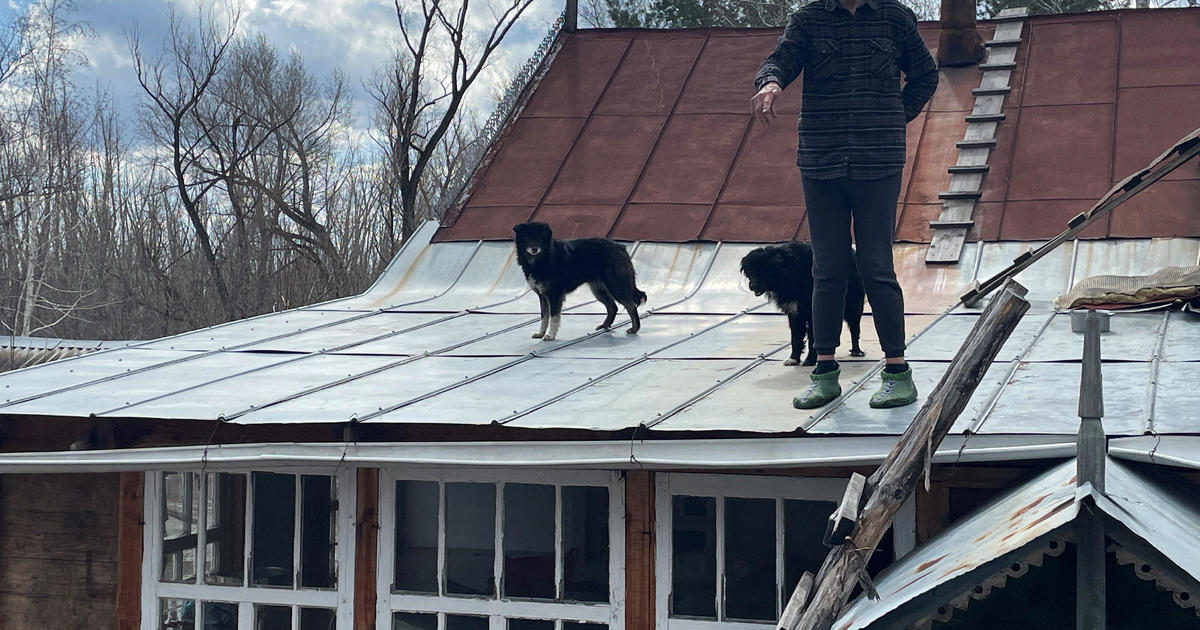Smoke from wildfires increases health risks for millions of Americans
Climate change in the Western U.S. means more intense and frequent wildfires churning out waves of smoke that scientists say will sweep across the continent to affect tens of millions of people and cause a spike in premature deaths.
That emerging reality is prompting people in cities and rural areas alike to prepare for another summer of sooty skies along the West Coast and in the Rocky Mountains — the regions widely expected to suffer most from blazes tied to dryer, warmer conditions.
Other sources of air pollution are in decline in the U.S. as coal-fired power plants close and fewer older cars roll down highways. But those air quality gains are being erased in some areas by the ill effects of massive clouds of smoke that can spread hundreds and even thousands of miles on cross-country winds, according to researchers.
With the 2019 wildfire season already heating up and fires breaking out from Southern California through Canada to Alaska, authorities are scrambling to better protect the public before smoke again blankets cities and towns. Officials in Seattle recently announced plans to retrofit five public buildings as smoke-free shelters.
Scientists from NASA and universities are refining satellite imagery to predict where smoke will travel and how intense it will be. Local authorities are using those forecasts to send out real-time alerts encouraging people to stay indoors when conditions turn unhealthy.
The scope of the problem is immense: Over the next three decades, more than 300 counties in the West will see more severe smoke waves from wildfires, sometimes lasting weeks longer than in years past, according to atmospheric researchers led by a team from Yale and Harvard.
Smoke from wildfires was once considered a fleeting nuisance except for the most vulnerable populations. But it's now seen in some regions as a recurring and increasing public health threat, said James Crooks, a health investigator at National Jewish Health, a Denver medical center that specializes in respiratory ailments.
"There are so many fires, so many places upwind of you that you're getting increased particle levels and increased ozone from the fires for weeks and weeks," Crooks said.
Harder to grasp are health impacts from microscopic particles in the smoke that can trigger heart attacks, breathing problems and other maladies. The particles, about 1/30th of the diameter of a human hair, penetrate deeply into the lungs to cause coughing, chest pain and asthma attacks. Children, the elderly and people with lung diseases or heart trouble are most at risk.
Death can occur within days or weeks among the most vulnerable following heavy smoke exposure, said Linda Smith, chief of the California Air Resources Board's health branch.
Over the past decade as many as 2,500 people annually died prematurely in the U.S. from short-term wildfire smoke exposure, according to Environmental Protection Agency scientists.
The long-term effects have only recently come into focus, with estimates that chronic smoke exposure causes about 20,000 premature deaths per year, said Jeff Pierce, an associate professor of atmospheric science at Colorado State University.
That figure could double by the end of this century due to hotter, drier conditions and much longer fire seasons, said Pierce.



